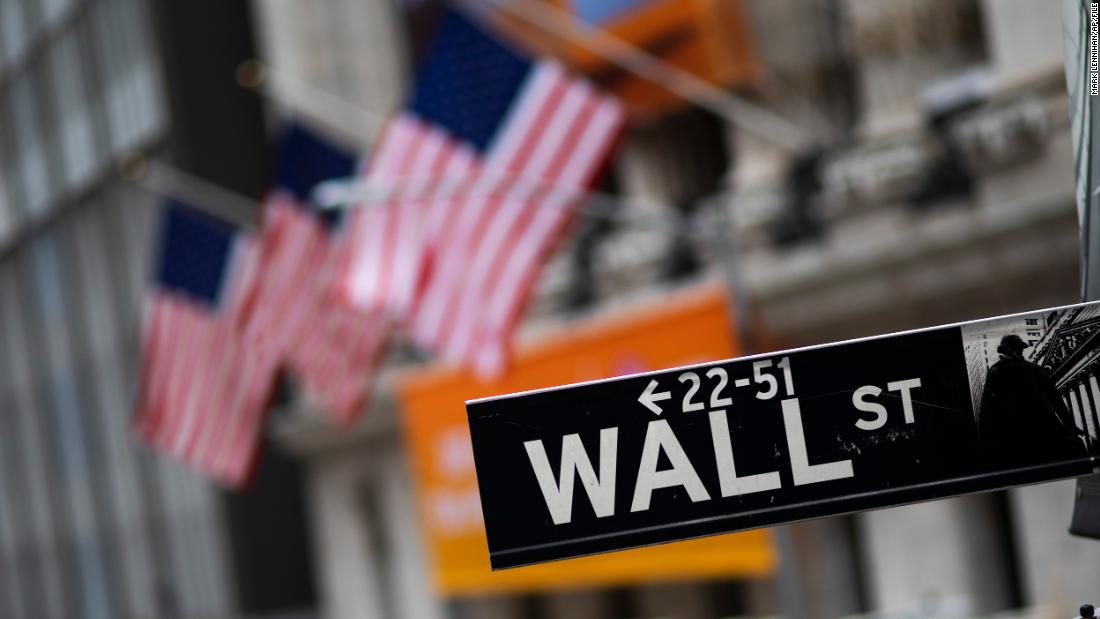
Australia's S&P/ASX 200 closed down 3.6% and has now fallen 20% from its recent highs, just one day after the index posted its best performance in more than three years. The 20% milestone means that the index has now entered a bear market.
South Korea's Kospi (KOSPI) declined 2.8%, while Japan's Nikkei 225 (N225) closed down 2.3%. And both Hong Kong's Hang Seng Index (HSI) and China's Shanghai Composite (SHCOMP) were both down a little under 1%, reversing modest gains from earlier.
Dow (INDU) futures plunged, adding to the volatility. Futures were last down 590 points, or 2.4%. Nasdaq Composite (COMP) and S&P 500 (SPX) futures each declined around 2.5%.
Saudi Arabia, meanwhile, just raised the stakes in its oil production standoff with Russia. Saudi Aramco said Wednesday that it received a directive from the Ministry of Energy to boost its oil production to 13 million barrels per day from 12.3 million barrels per day.
Brent crude futures, the global oil benchmark, scaled back gains after the announcement. They were last down about 1%, trading at $36.82 per barrel.
Wednesday's stock market losses come after a largely positive day for Asia and for Wall Street, when major indexes posted significant gains. The Dow's 1,167-point gain was its third best on record, while the S&P and Nasdaq recorded their best days since December 2018.
But the roller coaster is indicative of how uncertain investors have felt as they contend with the consequences of the outbreak. The outbreak has infected more than 113,000 people globally and 4,000 are dead, according to CNN's tally. And Tuesday's market gains came after even more historic declines.
"Given persistent lack of clarity, markets will likely continue to signal their discomfort, " said Flavia Cheong, head of equities for Asia Pacific at Aberdeen Standard Investments. She said it is difficult to predict how the situation will evolve.
"We don't think the market has yet priced in the worst-case scenarios," Cheong said in a research note.
The coronavirus outbreak that started in China has morphed into a a global health crisis likely to "tip the global economy into a severe slump in the first half of this year," said Robert Gilhooly, senior emerging markets economist for Aberdeen Standard Investments.
A global shock economy suggests that policymakers will need to step in more forcefully, Gilhooly said, adding that he expected the US Federal Reserve to cut interest rates again, with other central banks following their lead.
https://news.google.com/__i/rss/rd/articles/CBMiR2h0dHBzOi8vd3d3LmNubi5jb20vMjAyMC8wMy8xMC9pbnZlc3RpbmcvZG93LWZ1dHVyZXMtZGVjbGluZS9pbmRleC5odG1s0gFLaHR0cHM6Ly9hbXAuY25uLmNvbS9jbm4vMjAyMC8wMy8xMC9pbnZlc3RpbmcvZG93LWZ1dHVyZXMtZGVjbGluZS9pbmRleC5odG1s?oc=5
2020-03-11 08:01:17Z
52780657522919
Tidak ada komentar:
Posting Komentar